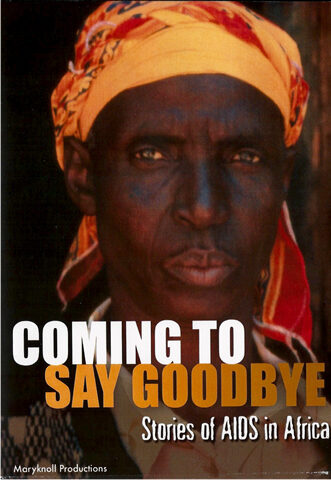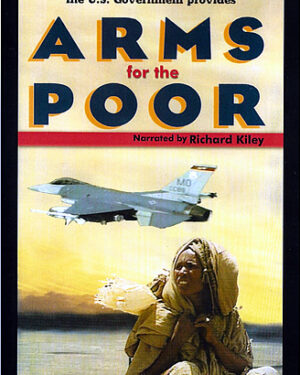Coming to Say Goodbye — Stories of AIDS in Africa
Coming to Say Goodbye — Stories of AIDS in Africa
This is a stunning documentary on the AIDS pandemic as experienced today by East Africans. Through the eyes of courageous people suffering from AIDS, and their eloquent and committed caregivers, we see that this disease is more than a “health crisis.” It is also part of the larger cycle of poverty and inequality that devastates food security and economic development in the world’s poorest countries.
Released : 2002
For Blu-Ray or Standard Definition DVDs please contact us.
COMING TO SAY GOODBYE, Stories of AIDS in Africa from Old Dog Documentaries on Vimeo.
The Global HIV/AIDS Pandemic
Overview: In the more than two decades since the beginning of the HIV/AIDS pandemic, approximately 60 million people worldwide have become infected with the virus, including more than 20 million who already have died. If more is not done to fight the HIV/AIDS pandemic, it is on course to be one of the worst in history, with millions more people estimated to become infected by the end of this decade. The HIV/AIDS pandemic presents numerous political, economic, public health, social and scientific challenges to nations worldwide.
State of the Pandemic: As of the end of 2004, 39 million people were estimated to be living with HIV/AIDS worldwide. An estimated 4.9 million people became newly infected with HIV in 2004 — the most new cases reported in any single year since the beginning of the pandemic. Three million people died of AIDS-related causes in 2004. Women represent a growing proportion of people living with HIV/AIDS and now comprise nearly half of adults estimated to be living with HIV worldwide. Young people under the age of 25 are estimated to account for half of all new HIV infections worldwide.
According to UNAIDS — the Joint United Nations Programme on HIV/AIDS — there is no single AIDS epidemic worldwide. Instead, many regions and countries are experiencing diverse epidemics, some of which remain in early stages. Sub-Saharan Africa is the most-affected region in the world, followed by the Caribbean. There also is growing concern about the “next wave” of the epidemic emerging in parts of Eastern Europe and Asia.
Access to needed services remains quite low overall and uneven around the world. While there is better access to treatment and care in North America and Western Europe than in the rest of the world, only 12% of HIV-positive people who need treatment in developing and transitional countries were estimated to be receiving antiretroviral medications as of December 2004. This represents only 700,000 of the estimated six million people in need of antiretroviral drug treatment in these countries. Access to prevention services also is low, with fewer than one in five people at risk of HIV infection estimated to have access in low- and middle-income countries.
Worldwide spending on global HIV/AIDS has tripled since 2001, from an estimated $2.1 billion in 2001 to $6.1 billion in 2004. However, current spending falls far short of the total resources needed to respond to the epidemic. UNAIDS estimates that spending on HIV/AIDS needs to increase to $12 billion annually by 2005 and to $20 billion annually by 2007. One of the biggest challenges in fighting the pandemic remains obtaining needed resources and using existing resources efficiently.





